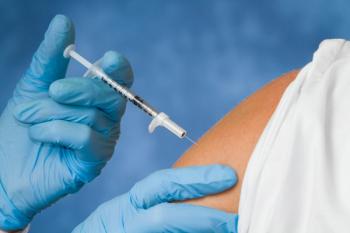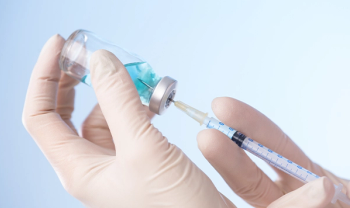
Ghana is First To Approve ‘World-Changing’ Malaria Vaccine
Researchers have spent a century trying to develop a vaccine against malaria, one of the world’s biggest killers. The first shot to be approved, two years ago, is 30% effective. A new one, in the works for three decades, has a reported 77% efficacy and a licensee with the capacity to produce 200 million doses a year.
The West African nation of Ghana authorized a highly effective malaria vaccine against a parasitic disease that sickens nearly 250 million people a year and kills 600,000, most of them young children.
The Ghana Food and Drugs Authority has
Data from a 2021 Phase IIb trial in African nation of Burkino Faso found 77% efficacy and a reassuring safety profile following three primary doses plus a one-year booster,
Data from a Phase III clinical trial that enrolled 4,800 children in multiple countries was considered by Ghana FDA and made available to limited numbers of scientists, who indicated that the findings were similar to the earlier data, the BBC
The vaccine has a shelf-life of 24 months when refrigerated at 2 to 8 degrees Celsius (35.6 to 46.4 degrees Fahrenheit), a temperature threshold that is far more achievable in developing countries than the colder requirements for many other vaccines. It can be made for as little as $2 or $3 per dose.
Monumental and frustrating efforts to develop a malaria vaccine that is highly effective against mosquito-borne Plasmodium falciparum — the deadliest species of the Plasmodium parasite that causes malaria in humans — stretch back a century. At the University of Oxford alone, researchers worked 30 years on what became the new R21/Matrix-M Malaria Vaccine.
Katie Ewer, Ph.D., a professor of vaccine immunology at the university’s Jenner Institute, where the vaccine was developed, said that this was the 14th malaria vaccineshe had worked on at Oxford. "This is not like Covid where we have seven vaccines straight away that will work ... it's much, much harder." Ewer
The first malaria vaccine, GSK’s Mosquirix, was
R21 builds on and shares similarities with Mosquirex. The new vaccine contains Novavax’s Matrix-M, an adjuvant that enhances the immune system response, which the Serum Institute of India, the world’s largest vaccine manufacturer, said makes it more potent and durable.
The chief investigator for the project was Adrian Hill, Ph.D., D.M., B.M., B.Ch., the University of Oxford’s Lakshmi Mittal Professor of Vaccinology and director of the Jenner Institute “We expect R21 to make a major impact on malaria mortality in children in the coming years, and in the longer term [it] will contribute to overall final goal of malaria eradication and elimination," Hill told the BBC,
Ghana’s first-in-the-world approval, he added, was an example of African countries, which were left behind in the rollout of COVID-19 vaccines, declaring: "we'll decide."
Design and development of the vaccine was supported by funding awards to the University of Oxford and partners from the European Commission, the European and Developing Countries Clinical Trials Partnership, UK Research and Innovation, The Wellcome Trust, the UK National Institute for Health and Care Research, the Bill and Melinda Gates Foundation and the Serum Institute.
Adar Poonawalla, CEO of the Serum Institute, said in Serum Institute release that his company was committed to “ensuring equitable access to vaccines for people around the world.”
Newsletter
Get the latest industry news, event updates, and more from Managed healthcare Executive.

























